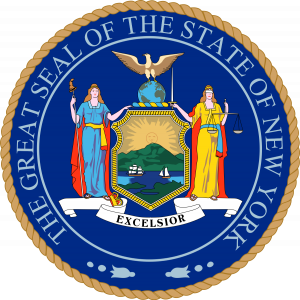On September 28, 2024, California enacted Assembly Bill 2854, which imposes new disclosure requirements on local agencies (i.e., chartered or general law cities and counties) that have entered into local sales tax sharing agreements with retailers. Generally, pursuant to a local sales tax sharing agreement, a retailer will agree to establish a new sales or fulfillment center in a local jurisdiction and source its sales to that local jurisdiction. In exchange, the local jurisdiction will provide the retailer a rebate on the local sales tax revenue generated for the local jurisdiction.

 SeeSALT Blog
SeeSALT Blog


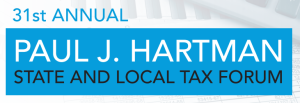


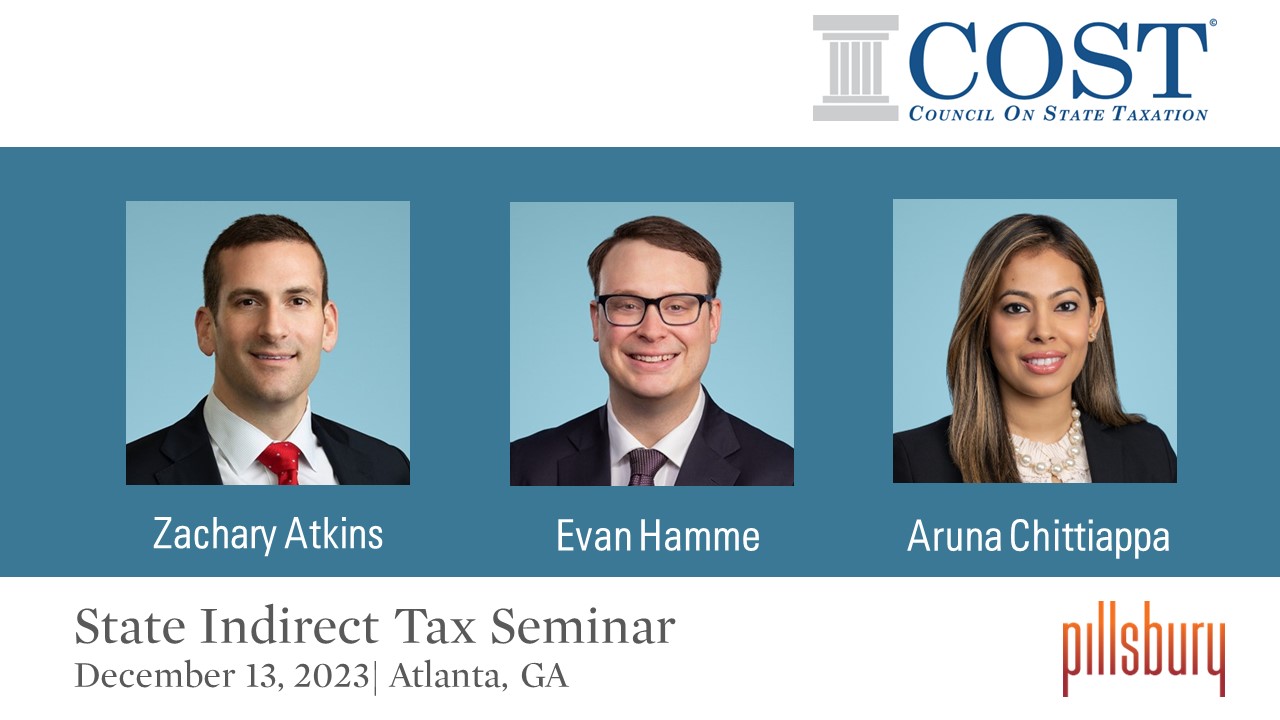
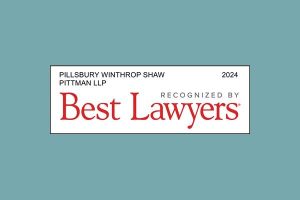
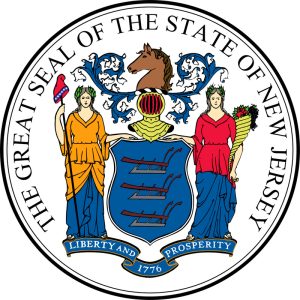 The bill enacted a variety of clarifications, corrections and modifications to the CBT.
The bill enacted a variety of clarifications, corrections and modifications to the CBT.